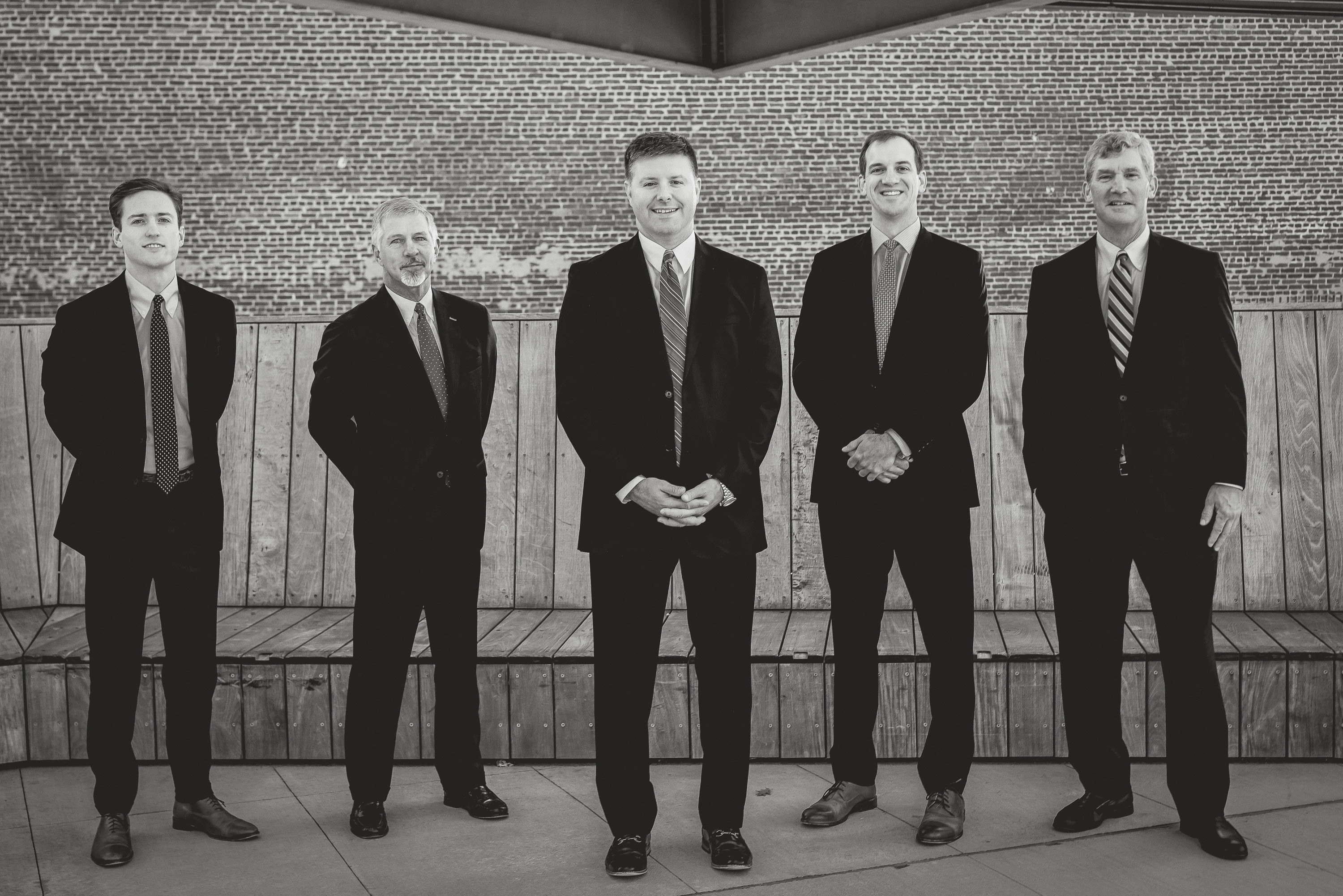
All too often, our commercial litigators sit down with a potential client to learn of allegations of fraud against a business partner, employee, or fiduciary. While an actual fraud claim is obvious in these instances, a constructive fraud claim can be much more powerful. A constructive fraud claim is based on the exploitation of a position of trust rather than a specific misrepresentation.
The clearest benefit of proving constructive fraud is the time period in which the claim must be filed. A fraud claim has a 3-year statute of limitations, meaning that a claimant can only recover for damages resulting from fraudulent conduct that occurred in the 3-year period starting when the claimant knew or should have known about the conduct. On the other hand, there is a 10-year statute of limitations on constructive fraud claims. This can be critical in cases of employee or partner embezzlement where the instances of fraud can span several years.
Another benefit of a constructive fraud claim relates to a shift in the burden of proof, which can make or break a case. When a person who stands in a confidential or fiduciary role obtains a personal benefit from that relationship, there is a legal presumption that a constructive fraud occurred. This means that a defendant must present sufficient evidence to overcome a legal presumption of wrongdoing in order to avoid liability.
To show constructive fraud, a claimant must present evidence that (1) a confidential or fiduciary relationship existed which (2) led up to and surrounded the consummation of a transaction in which the defendant is alleged to have taken advantage of his position of trust to the detriment of plaintiff. The key issue in these cases is often whether the fraudulent actor stood in a confidential or fiduciary relationship with the claimant. While potential clients often assume that they stand in a fiduciary relationship with their business partners or family members, this is not always the case. The particular roles and responsibilities, ownership stakes, and other factors must be carefully considered.
A constructive fraud claim can be very powerful, but requires a litigator who understands how to plead these claims, discover facts and documents to support these claims, and how to present this evidence to a judge or jury. The attorneys at Miller Monroe Holton & Plyler have substantial experience litigating constructive fraud and other complicated commercial claims. We have the expertise needed to effectively prosecute these claims. If you or someone you know has been damaged by the conduct of a business partner, fiduciary, or someone in a position of trust, call Miller Monroe Holton & Plyler today.





Comments are closed.